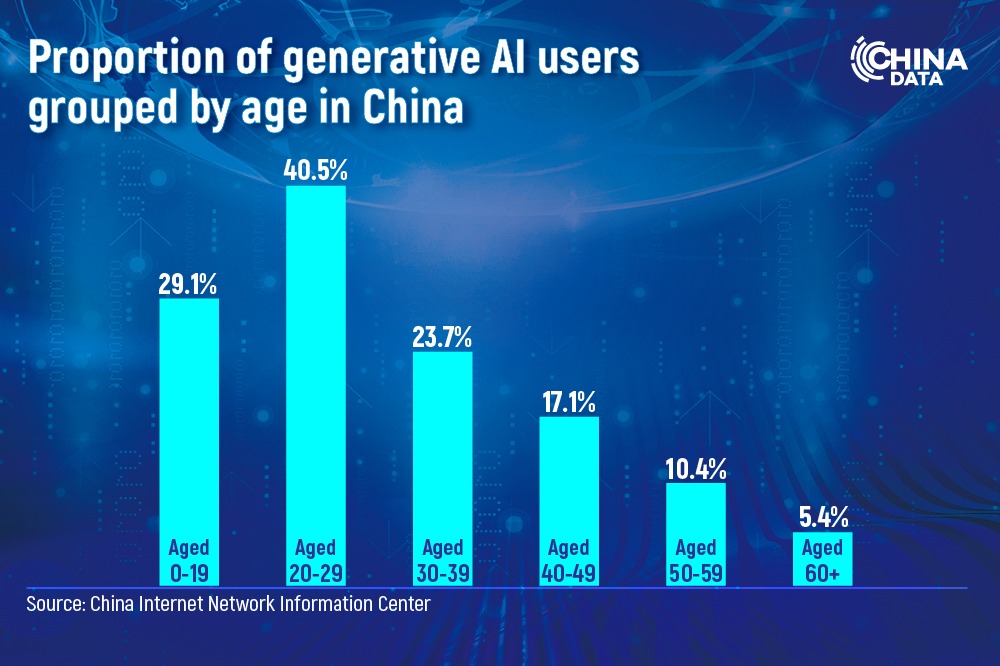IMF: Bond market key to integration into global economy


WASHINGTON - China's bond market, already the third largest in the world, has a particular role to play in the country's greater financial integration into the global economy, an International Monetary Fund (IMF) official has said.
"Last year China celebrated its 40th anniversary of reform and opening-up, which contributed to China's trade and product integration," said Alfred Schipke, the IMF senior resident representative for China.
"But if you're looking at the future, our view is that the future will be about China's financial sector integration with the world and the bond market will play a particular role," Schipke told Xinhua in a recent interview.
Starting next month, "China will be included in the Bloomberg Barclays global bond index and that's a milestone for China's financial sector integration globally," he noted.
Bonds issued by the Chinese government and policy banks will be included in the Bloomberg Barclays Global Aggregate Bond Index beginning in April, with a 20-month phase-in period, Bloomberg confirmed in late January.
After their full inclusion, yuan-denominated bonds will become the fourth-largest currency component, following the dollar, the euro and the Japanese yen.
"It will effectively lead to more purchases of Chinese bonds by foreigners and provide investors globally with an opportunity to diversify their assets," Schipke said.
It also requires that policymakers and investors both in China and abroad have a better understanding of the structure of China's bond market and its unique characteristics, he added.
China's bond market stood at about 86 trillion yuan ($12.84 trillion) by the end of 2018, with about 1.8 trillion yuan held by global investors, up 46 percent year-on-year, showed China's official data.
Schipke noted that the inclusion of the RMB in the IMF's Special Drawing Rights (SDR) basket in 2016 was associated with operational improvements in China's bond market, which has triggered a surge in global investor interest.
"More foreign central banks and sovereign wealth funds have bought RMB bonds as part of their reserves," he said, as holdings of RMB reserves by foreign central banks have gone up about 100 percent since 2016.
Citing the "co-movement" of the RMB with other currencies in the world, Schipke said the international monetary system might be moving away from the bipolar US dollar and the euro blocs to a tripolar system. "That probably means that there will be additional demand for RMB bonds," he said.
The Belt and Road Initiative (BRI) is also likely to boost transactions in the country's bond markets, according to the IMF official.
"There has been a pickup in demand" of issuing RMB bonds in both China's offshore markets and onshore markets to finance BRI projects, Schipke said, expecting "that to continue to go forward."
In his opinion, the further development of China's bond market will be linked to the successful implementation of supporting reforms and strengthening policy frameworks, including improving corporate governance and fostering communication.
"Because investors are individuals that make decisions based on information, the better the government communicates about its policies, it reduces volatility," he said.




































